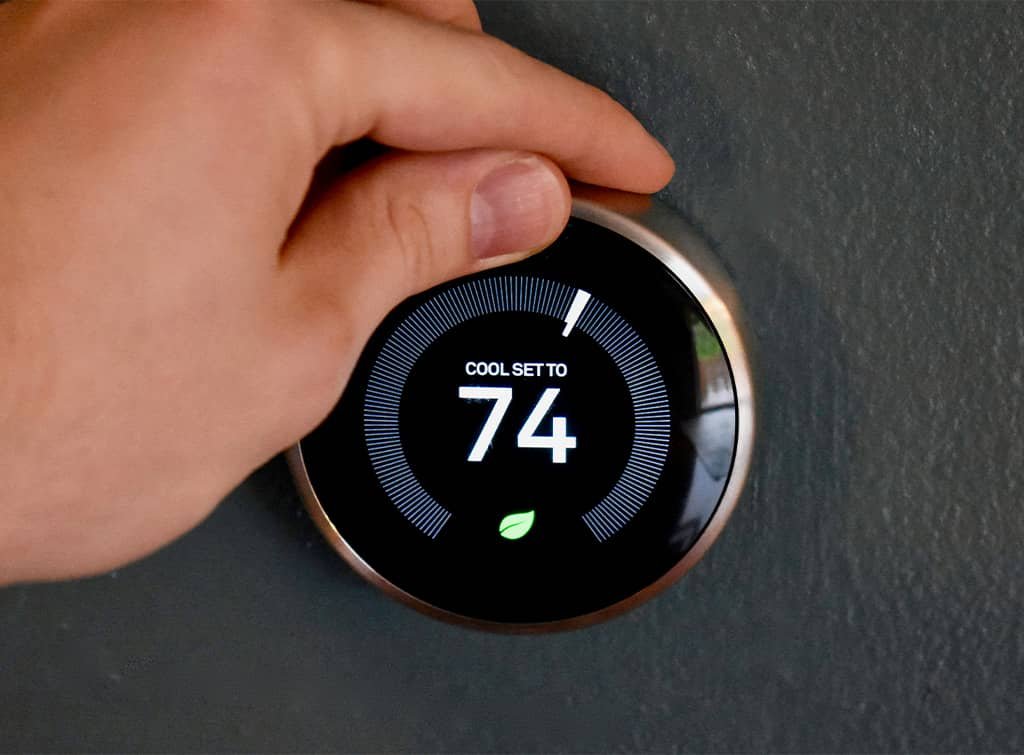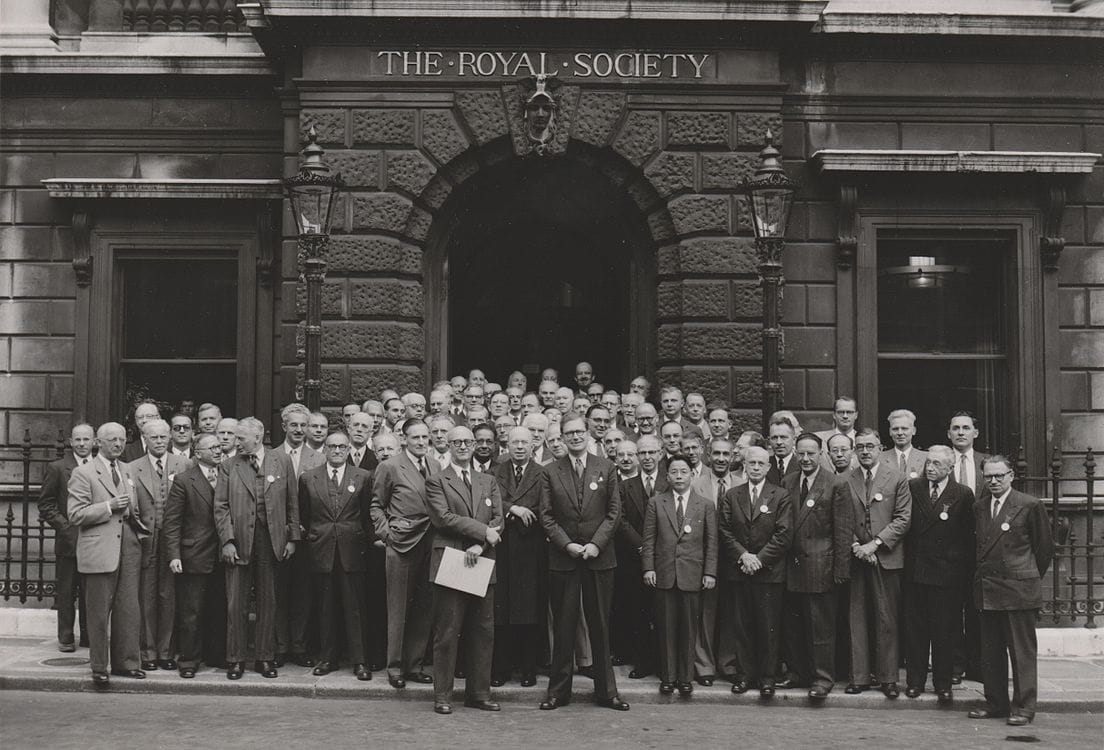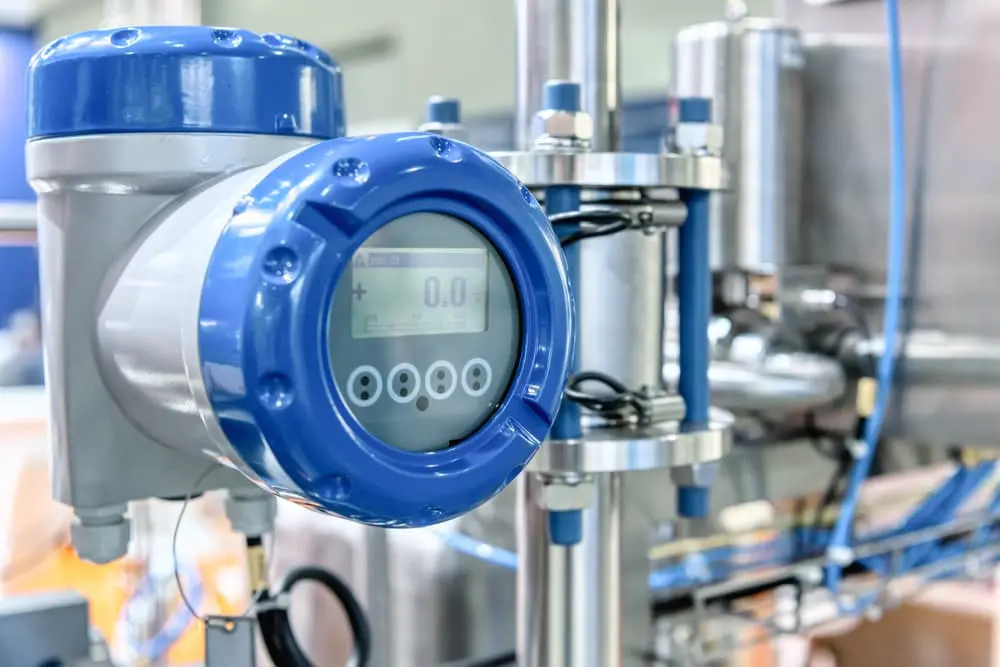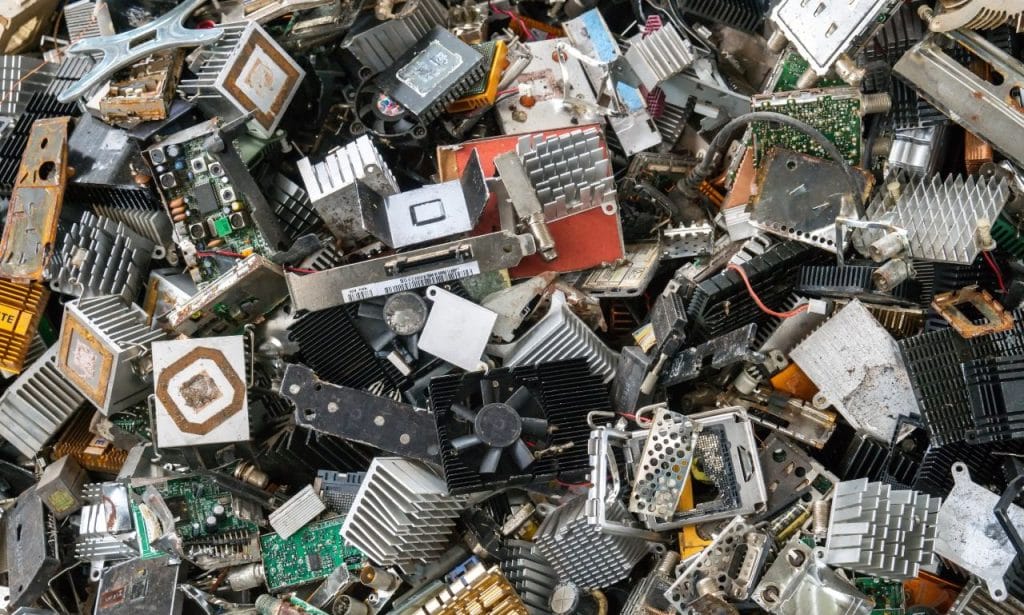
As homeowners, we rely heavily on our central heating systems to maintain comfort during colder months. However, the constant use can take a toll on these systems, leading to wear and tear, inefficiency, and ultimately, premature failure. By employing advanced techniques, you can significantly extend the lifespan of your central heating system, ensuring optimal performance and saving on costly replacements. Here are some expert strategies to help you achieve this.
1. Regular Maintenance and Professional Servicing
The cornerstone of longevity for any heating system is regular maintenance. Schedule annual inspections with a qualified HVAC professional who can:
- Inspect and clean components: Dust and debris can clog filters and vents, reducing efficiency. Professionals can clean these components, ensuring unobstructed airflow.
- Check for leaks and corrosion: Identifying and fixing leaks in the system early can prevent major damage. Corrosion in metal components can be treated or replaced before it spreads.
- Monitor system performance: Technicians can use diagnostic tools to check the efficiency of your system, ensuring it’s running at peak performance.
2. Upgrade to a Programmable Thermostat
A programmable thermostat allows for more precise control over your home’s temperature. By setting schedules that lower the temperature when you’re not home or during the night, you reduce the strain on your heating system. This not only conserves energy but also reduces the wear and tear on the system, extending its lifespan.
3. Bleed Your Radiators
Over time, air can get trapped in radiators, causing cold spots and making your heating system work harder to maintain a consistent temperature. Bleeding your radiators annually to release this trapped air ensures that your system operates efficiently. This simple procedure can be done with a radiator key and takes just a few minutes.
4. Install a Magnetic Filter
Magnetic filters are a sophisticated solution to protect your heating system from sludge buildup. These filters capture metallic debris in the water before it can settle in the boiler or radiators, preventing blockages and corrosion. Installing a magnetic filter can significantly improve the longevity of your heating system by keeping internal components clean and free-flowing.
5. Ensure Proper Insulation
Proper insulation in your home reduces the workload on your heating system. Insulate pipes, especially those in unheated areas, to prevent heat loss. Insulating your home reduces the amount of energy needed to maintain comfortable temperatures, thereby reducing the strain on your heating system.
6. Use a Water Softener
If you live in an area with hard water, mineral deposits can accumulate in your heating system, leading to inefficiency and damage. Installing a water softener can prevent limescale buildup in the boiler and pipes. This not only enhances efficiency but also protects your system from internal damage caused by mineral deposits.
7. Adopt Zoned Heating Systems
Zoned heating systems allow you to heat different areas of your home independently. By using motorized valves and multiple thermostats, you can control the temperature in each zone according to its usage. This targeted heating reduces the overall load on your system and can significantly prolong its operational life by preventing unnecessary heating of unused spaces.
8. Regularly Flush the System
Periodic flushing of the central heating system removes sludge, rust, and other debris that can accumulate over time. This process, often referred to as power flushing, involves using high-pressure water and cleaning chemicals to clear out the system. Performing a power flush every few years ensures that your system remains clean and efficient, reducing the risk of breakdowns.
9. Balance the System
Balancing your heating system ensures that each radiator receives an appropriate amount of hot water, preventing some areas from being overheated while others remain cold. This involves adjusting the valves on each radiator to ensure even heat distribution throughout your home. A balanced system runs more efficiently and places less strain on the boiler.
10. Monitor and Optimize Boiler Pressure
Boilers operate most efficiently within a specific pressure range. Low pressure can lead to poor heating performance, while high pressure can cause damage. Regularly check your boiler’s pressure gauge and adjust as necessary, following the manufacturer’s guidelines. This simple check can prevent undue stress on your system and avoid potential damage.
By implementing these advanced techniques, you can significantly extend the lifespan of your central heating system. Regular maintenance, strategic upgrades, and efficient management of your system ensure that it operates smoothly and efficiently for many years. Not only will this save you money in the long run, but it will also provide peace of mind knowing that your home will remain comfortable and warm during the coldest months.






